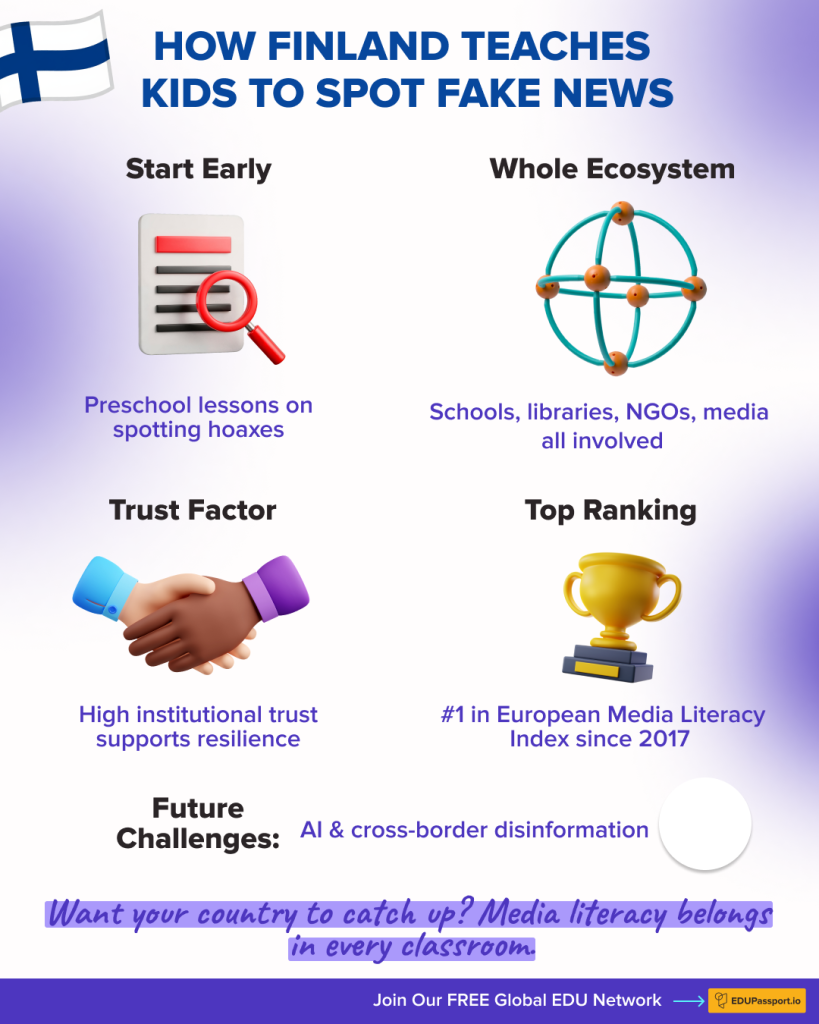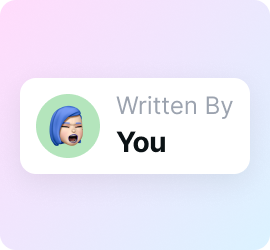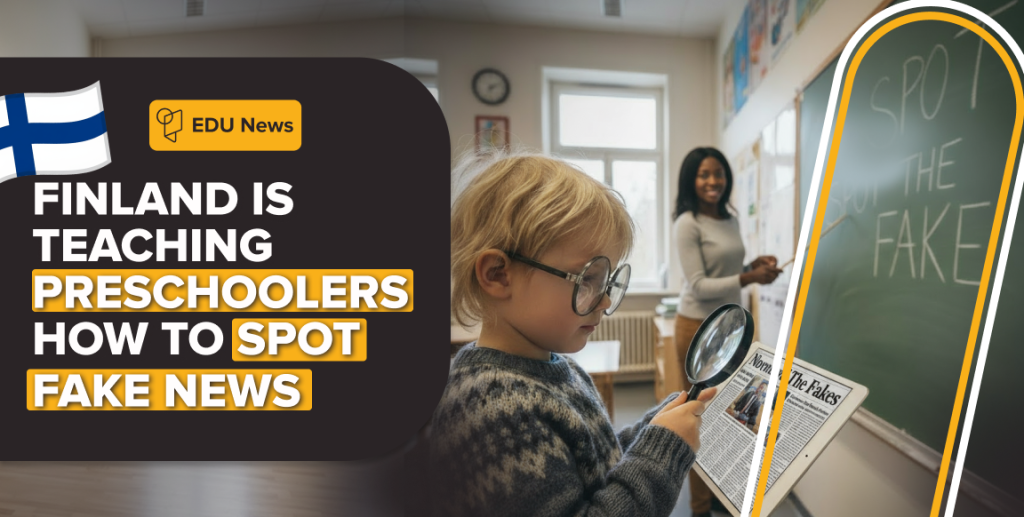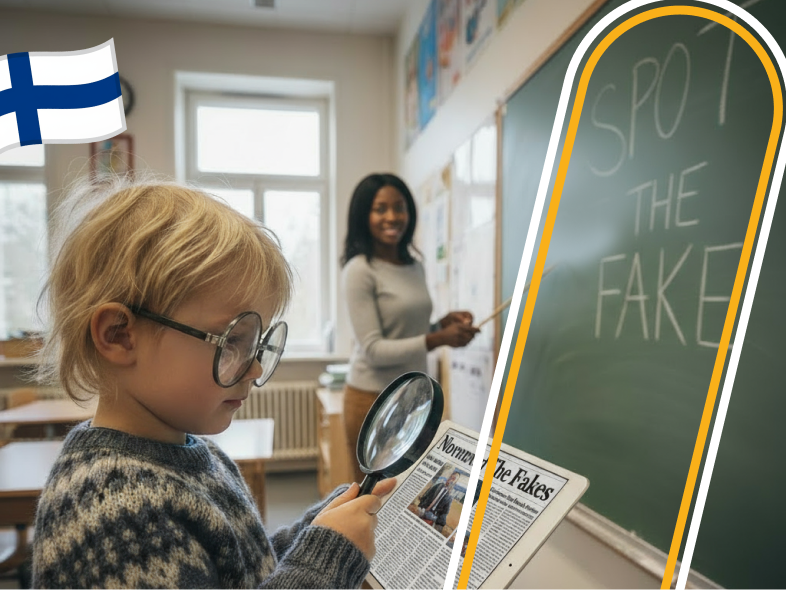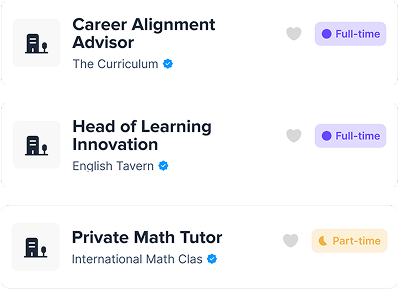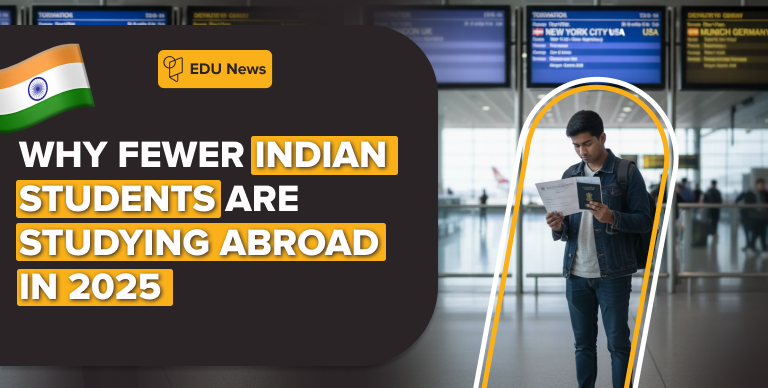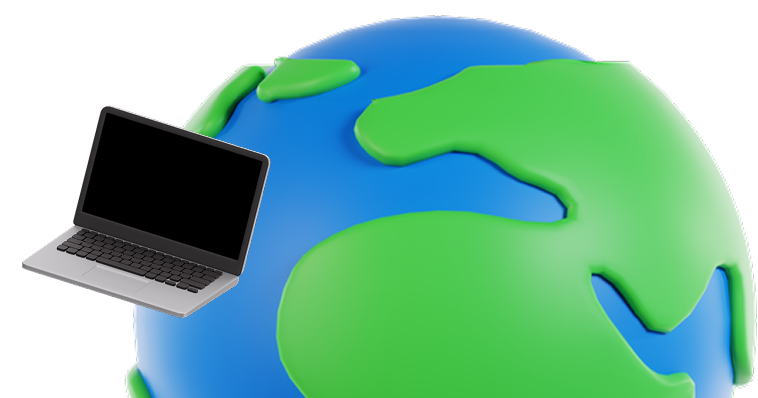HELSINKI — Finland isn’t just serving reindeer stew and saunas. It’s also dishing out one of the world’s boldest lessons: teaching kids to spot fake news before they can even spell it.
The Nordic nation has turned media literacy into a civic superpower. Since 2013, spotting trolls, questioning sources, and fact-checking YouTubers have been as normal as math homework. By preschool, Finnish children are already practicing how to sniff out online hoaxes. By high school, they’re debating whether influencers’ “sponsored content” is just advertising dressed as truth.
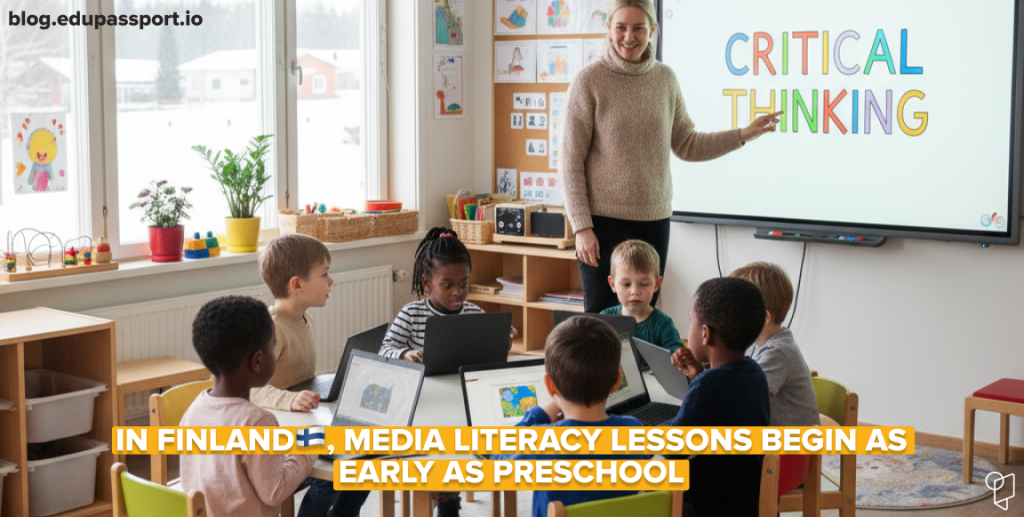
“Media literacy is essential to building societal resilience and Finland realized this quite early on,” said Education Minister Anders Adlercreutz. And the numbers back him up: Finland has ranked #1 in the European Media Literacy Index every single year since 2017.
Everyone’s in on it
Schools don’t carry this mission alone. Libraries, NGOs, businesses, museums, even newspapers, pitch in to strengthen public resistance to disinformation. According to Leo Pekkala from Finland’s National Audiovisual Institute, this ecosystem works because Finns still trust their institutions: the army, the police, the government, and, yes, the media.
But no country is immune
Finland shares a 1,340 km border with Russia, making it an obvious target for disinformation campaigns. And with AI tools now able to churn out convincing fakes, the challenge is evolving faster than a TikTok trend. “I’m not so sure we’ve been tested fully yet,” Adlercreutz warned.
What the world can learn
Critical thinking is Finland’s not-so-secret weapon. It’s been baked into their education system since the 1970s and adapted for every new media wave, from mass media to memes. Students now say school has taught them how to spot what’s said, unsaid, and even hidden between the lines.
The ultimate lesson? Media literacy isn’t just about resisting fake news. It’s about preparing active, thoughtful citizens in a democracy.
EDU Passport’s take
Finland is treating fake news like math: you learn it young, and you practice it daily. Imagine if every country took this seriously. TikTok would look a lot different.
